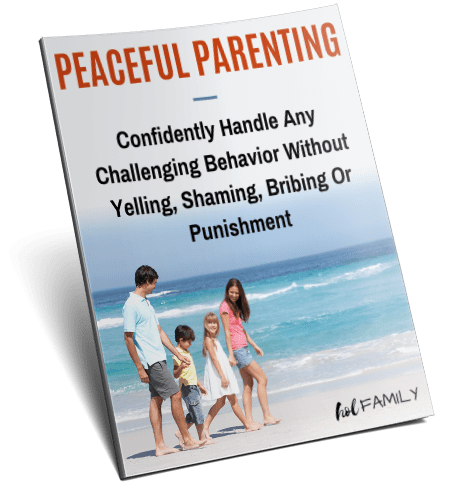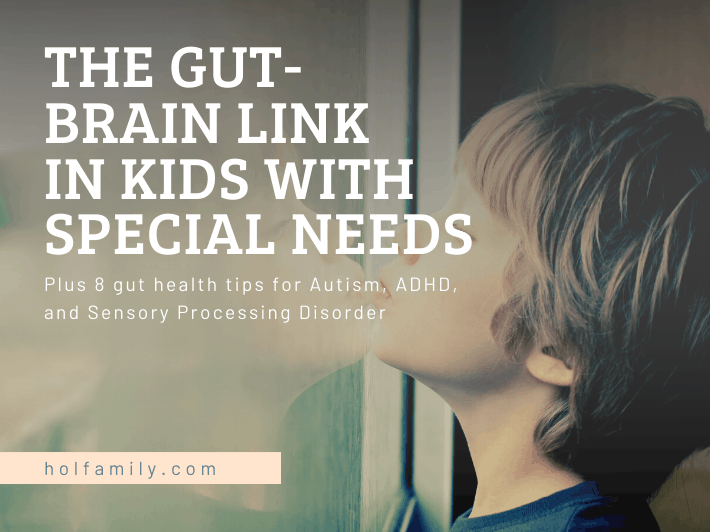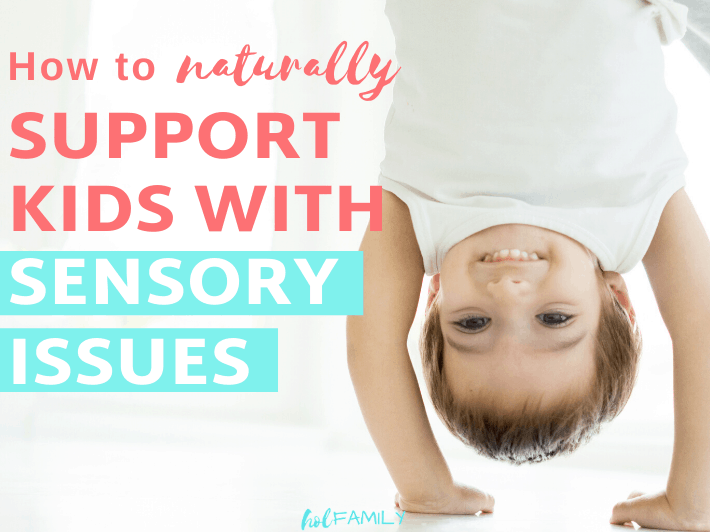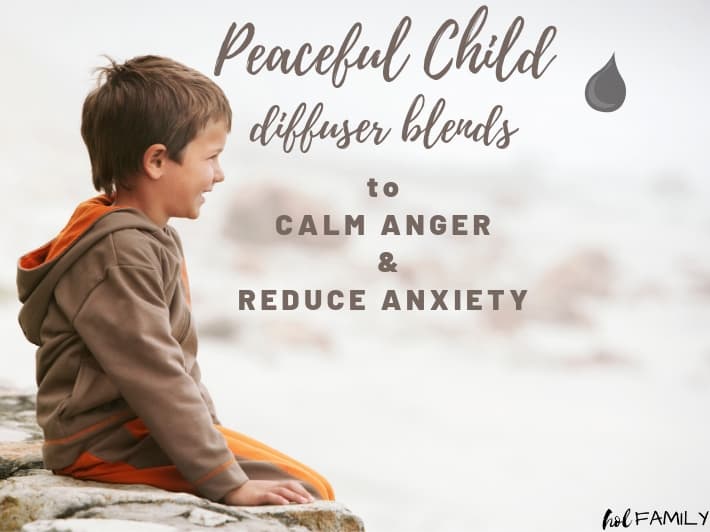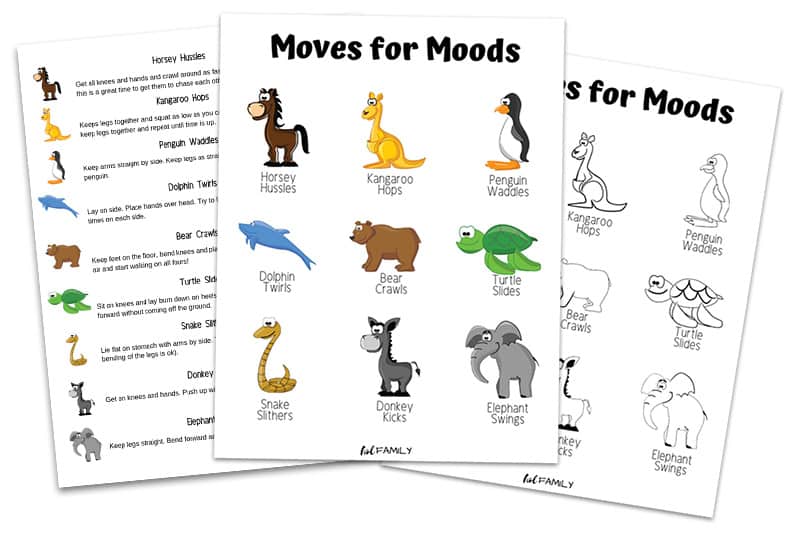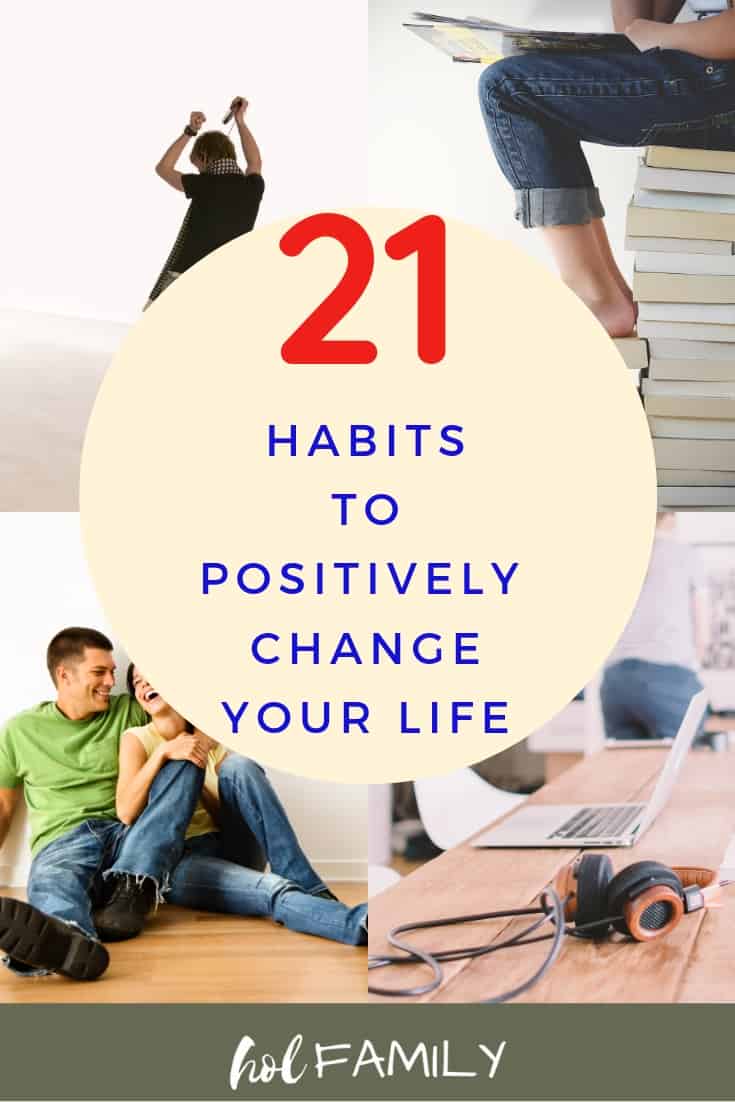
1. Sleep More
These days it seems like sleep is a luxury not many of us can afford. But while it’s easy to overlook, the importance of sleep shouldn’t be ignored.
Sleep deprivation has been linked to impaired cognitive performance, reduced motivation and a greater risk of heart disease and stroke (1, 2).
Try to commit to a sleep schedule where you go to bed every night and wake up at the same time each day (including weekends). This will help set a sleep rhythm for your body and mind.
Tip: Put away all electronics (mobile phones included) at least 1 hour before bed. This will allow your brain to unwind and release the hormone melatonin, prepping you for sleep.
2. Exercise Daily

Exercise. Just the word alone is enough to scare some people away. I know it does me.
When I’ve been sedentary for a long stretch, just the thought of the “hard work” involved with working out makes me avoid it. That is until I actually do it. That’s because we psyche ourselves up over working out. We think about all the negatives and how difficult it’s going to be.
Instead we should focus on the benefits, how we will feel during, after and how our bodies’ health will benefit over time.
Exercise has been found to reduce incidences of cardiovascular disease, diabetes, obesity, cancer and improve memory (1, 2).
Tip: Read these two books and put what they teach to work. They are life changing and together will help you stay committed to exercise and being healthy.
- The 5 Second Rule by Mel Robbins. It’s such a simple idea but powerful in action. You just count backwards from 5 and then do what you need to do. My short explanation does not do the idea justice and it won’t mean much to you without the book. Trust me and pick it up here.
- Mini Habits by Stephen Guise. We have a habit of setting these monstrous goals for ourselves such as “get in shape.” This sabotages our efforts before we even begin. In simple to understand language with relevant examples, Stephen explains why the idea of mini habits is the way to achieve any massive goal with relative ease. You can get your copy here.
Together these two books are life changing. I highly recommend them!
3. Take A Vitamin D Supplement
It’s estimated that 10% or more of the American population is deficient in vitamin D. It’s a fat soluble vitamin that is vital for building and maintaining strong bones and teeth. There is also some belief that adequate levels of vitamin D help to boost our immunity and help to prevent (or shorten the duration) of viral infections.
Our primary source of vitamin D is from the sunlight. When our skin is exposed to the sun’s ultraviolet B rays, we produce vitamin D. For those of us who spend most of our hours inside or heavily clothed (cold winters), it’s important to supplement.
Depending on age, the recommended daily allowance (RDA) for vitamin D is between 400 and 800 incremental units (IU).
Most professionals recommend between 1,000-5,000 IUs per day as a good basis for maintenance.
If you’re looking for a good vitamin D supplement, I recommend this one.
4. Plan Weekly Meals
Planning weekly meals may seem challenging at first. It’s so much easier to just order out and let someone else worry about the preparation.
But with a little creativity and gumption, planning weekly meals will become easier and a normal part of your weekly routine.
The two biggest benefits of planning weekly meals are:
- It’s Cheaper. It’s easier to create and stick to a budget when you plan and make your own meals.
- It’s Healthier. You know what’s in the food when you make it yourself and you can avoid unhealthy additives such as sweeteners, dyes and trans fats.
5. Eat Fat
For decades now the mainstream advice has been to avoid fat in foods. This macro has been demonized for so long and for no good reason.
We are starting to learn the benefits of fat (saturated, polyunsaturated, monounsaturated) in the diet.
New evidence has emerged that is contrary to conventional advice. Most fats with the exception of trans fats and highly refined oils are actually good for you.
Including them in your diet may help to reduce sugar cravings, aid in appetite and weight control and reduce incidences of cardiovascular disease (1).
6. Experiment With Intermittent Fasting
I love intermittent fasting. It gives the digestive system a much needed break and allows the body to expend its resources on healing and repair.
Plus, it’s a incredibly reliable method of reducing calories when trying to lose weight.
To find out more about intermittent fasting, go here.
7. Drink More Water
Water is a necessary component of life and most of us drink far less than we should.
If you want to feel better, be more energized and have a more youthful appearance, then try to drink more water during the day.
The Berkey filtration system has been an awesome addition for our family. Check out the review we wrote about it here.
8. Kick The Sugar Habit
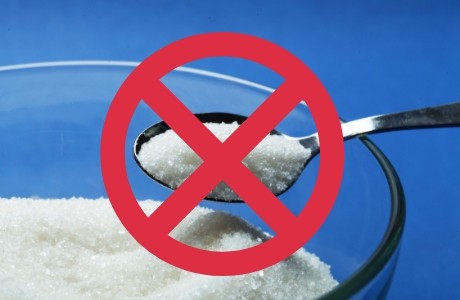
I used to be a chain smoker in my early twenties. A nasty habit that was! When I decided to finally kick that habit, it was a difficult process. The nicotine addiction and social isolation I felt during the process was painful.
There’s no doubt about it, processed sugar is a hard habit to kick.
It’s highly addictive and when we eat it, the feel good endorphin, dopamine is released in our brain. This causes us to feel pleasure when we eat sugar.
When we go to kick the habit, our brains quickly scream for more to keep our dopamine elevated. The craving can be so strong that few of us can prevail with will power alone.
Tip 1: Adopt a workout routine you enjoy and look forward to. Exercise also releases endorphins, including dopamine. This is a great supplement for sugar and it’s also good for your heart and overall health.
Tip 2: Increase your overall fat intake while you try to decrease and eliminate sugar. It will help curb your cravings and keep you on track.
9. Floss Your Teeth
I hate to admit it, but I didn’t take good care of my teeth when I was younger. Today I suffer from badly receding gums and weak, sensitive teeth.
Flossing always seemed like a burden to me until recently. Now with my receded gums, I get food stuck between my teeth easily. If I was to just let it sit there, plaque would build up along with bacteria and more dental health issues.
Take it from someone who wishes he could go back in time and take the 2 minutes a day to floss his teeth. I’m sure it would have made a difference in my dental health today!
Tip: Some of my teeth are pretty crammed together and often shred traditional dental floss. If you have the same problem, you should try the type I use, here.
10. Oil Pulling
Oil pulling originated in India. It’s an old Ayurvedic practice where you swish a small amount of oil around in your mouth for 10-20 minutes.
It’s common to use ½ to 1 tablespoon of oil when you oil pull. Organic coconut oil is a great choice since it naturally has antifungal properties. Try adding in some essential oils like clove or peppermint to enhance the benefits.
People have reported that oil pulling has helped reduce plaque build-up on teeth, reverse gingivitis and prevent bad breath.
I have personally experienced all three. And while I love the feeling of freshly brushed teeth, I love the feeling after I’ve oil pulled even better.
See if you can do it every morning for 2 weeks. I’m sure you’ll feel a difference and want to keep on going!
11. Make Driving Time Productive Time
When you think about it, driving is nothing more than wasted time. We sit in the car, listen to music and zone out in auto-pilot mode. And for a lot of us who commute regularly, this can amount to hours and hours of lost time.
I first learned about making car time, productive time from Zig Ziglar. He talks about listening to books or courses while you drive, such as learning a new language.
Think about it… if you commute for an average of 2 hours a day, 5 days a week, that’s 522 hours a year! Imagine how many books you could absorb or how fluent you could come in a language if you just used that time productively…
Food for thought.
12. Absorb 20 Pages of Leisure a Day

I don’t know about you, but I find myself reading a large majority of my day. While this is great and all, it’s not a relaxing type of reading. It involves social media, personal blogs and other internet written content. When I think about it, I get a little stressed out. But why do we do it? Because whether we like it or not, it’s part of society now. It’s ingrained into our life and it just “IS.”
As a result, it’s more important now than ever before to escape this digital world and allow our minds to wander to magical places of fantasy.
An easy way to do that is to pick-up a fictional book that looks intriguing to you. Commit to reading a minimum of 20 pages a day, every day. And when you finish that book, get another and continue the process. Many libraries have e-books now that you can download right from your phone or tablet so it is even easier to access free reading materials.
You’ll enjoy this escape and begin to crave it. Leisure reading a fictional story is a fantastic way to destress and temporarily leave the woes of the real world behind!
13. Give Gratitude
Have you ever dwelled on the future? What it could be like? What it would be like? What it should be like?
Yeah, me too.
It’s easy to dwell and desire and dream. And while not necessarily a bad thing, it can become all-consuming if we are always looking ahead instead of enjoying the moment.
A good way to escape this trap is to give gratitude for what you already possess in life.
Some examples are:
- Food to eat
- Clean water
- Children (if you have them)
- A pet (if you have one)
- Physical belongings
- Being alive
- Having a place to live
- A computer, phone, tablet to read this post on…
Gratitude helps put our life into perspective. It forces us to focus on what we do have instead of what we don’t have. And it allows us to find appreciation in today instead of wishing it away for tomorrow.
14. Pay Off Debt
When Raina and I first got married, the Pastor who married us suggested we read the book, “The Total Money Makeover” by David Ramsey. Our church at the time operated debt free (which is rare) and that Pastor wanted to start our marriage off the same way.
We are forever in his thanks. That book changed our lives and set us up for a life without financial woes and debt.
Don’t get me wrong here, we aren’t rich by any means but we do live a lifestyle without mounting debt hanging over our lives.
Getting out of debt is not impossible. It is simply a process. If you break that process down into bite size chunks, like Dave’s book does, you’ll start to see result very quickly. These results build momentum and motivate you to continue.
Make a commitment to yourself to get out of debt. You deserve it and it will dissolve so much stress out of your lives.
If you’d like read the book that changed our lives financially, you can find it here.
15. Improve Your Self-Talk
Have you ever caught yourself making a mistake and silently yelling to yourself, “You’re so stupid!”
That’s self-talk. And it can be uplifting or it can be detrimental. You may not feel it in the moment, but the words you say to yourself are even more powerful than words said by someone else.
Constantly instilling thoughts of hate towards yourself can destroy your self-esteem, wipe our your self-confidence, cause procrastination and prevent you from achieving goals.
And if you aren’t careful, negative self-talk can become so common place that you don’t even realize you’re doing it anymore.
The good news is you can stop the cycle and reframe those thoughts.
Some examples may include:
- Instead of “I’m so stupid,” say, “Mistakes happen and I learn from them.”
- Instead of “I can’t do this,” say, “I never give up.”
- Instead of “I give up,” say, “I get better each time I try.”
Reframed statements are sort of like re-programming the mind. The more on purpose we are with them, the more natural and instinctive they become. The results are nothing short of miraculous. You’ll start to feel happier, empowered and unstoppable.
16. Clear Your Mind of Clutter
This is a cool little tidbit I learned a few years back from a book called, “The Artists Way” by Julia Cameron.
It’s a book about finding creativity and keeping it alive for the aspiring artist. But this little nugget of information can help any of us, artists or not.
The premise is simple. Upon rising you take 3 pages of paper and write.
You write anything. You write everything. You write whatever you think about.
And you don’t stop, not even to “think” about to write. You just write as you think.
You do this until you feel up 3 full pages.
This is a dump. It literally dumps everything out of your mind and allows you to start your day fresh and clean.
Sounds simple. And it is. But the results are AWESOME! Try it and let me know what you think!
17. Dance

I was never one for getting up on the dance floor in front of other people. I was too concerned about making a fool of myself. But get me alone, in my house, with a vacuum cleaner and a pair of headphones playing some amazing tunes and look out – all bets are off! I’ll dance and contort my body in ways that I’d never be caught doing in public.
You know what though? Afterwards I feel AMAZING!
Dancing is an easy way to lift your mood, gain a sense of wellbeing and get a boost of energy.
Give it a go. Try to dance every single day, even if you do it alone and even if it’s only for five minutes.
You’ll be glad you did.
18. Disconnect Daily
Web browsing, e-mail, texting, Facebook, Instagram, Pinterest, Twitter, Snapchat, Youtube, likes, shares, followers, tweets, re-tweets, re-pins, social shares – ahhhh when does it stop?!
As a society we are always connected and it wears our minds down.
I get it, it’s necessary in our world today. It’s the path we are taking and it is showing no signs of slowing down.
But we need some downtime. Our brains aren’t wired to remain connected every waking minute of every day. We need a break.
Some believe that being constantly connected without daily breaks can lead to depression, social anxiety and feelings of inadequacy.
Try and find at least an hour each day to power down your electronics and disconnected.
Tip: I find what works best for me is 1 hour at night before bed. This is an ideal time to power down and pick-up a leisure book to read (see #12) to help relax and gear your mind up for some good quality rest.
19. Practice Forgiveness
Grudges help no one. Why hold on to resentment? Doing so only makes you angry and a slave to your own bitterness.
The act of forgiveness is an act of freedom. It’s when you let wrongdoings dissolve and you move on with your life. It doesn’t mean you forget what happened, it simply means you make an active choice, a choice to let go of that bitterness, offer forgiveness to the one who did you wrong (whether they accept it or not) and get on with your life.
As hard as this might be (or the thought of doing it), the relief that will wash off of you will be profound.
Tip: If confronting someone to offer forgiveness is just too much to handle, try this tip… write them a letter. Address everything you feel they did you wrong by and then offer forgiveness in that letter. Whether or not you mail it is up to you. You can even rip it up and throw it away after writing it if you want to. The idea is you practiced forgiveness and you released yourself from the resentment!
Are there any grudges you’ve been holding on to? Isn’t it time to let them go?
Only you know the answer to that…
20. Laugh Out Loud (For Real, No LOLs here)

When’s the last time you laughed? Like gut wrenching, tears forming in the eyes, laughed? When I was kid, I used to laugh all the time.
Somewhere along the way responsibility, stress and grown-up-ness got in the way and laughter kind of just disappeared.
Now that I’m a father, I noticed that I don’t laugh very often… and I’ve made it a point to stop “holding it in,” which I think a lot of us do.
Laughter is a remedy. It makes us happy. It causes us to smile. It lifts depression.
Find something humorous that makes you chuckle every single day. And I don’t mean a typed LOL – like really, truly, laugh out loud!
21. Declutter
My final suggestion is to declutter your house.
It’s amazing how quickly we can become buried in stuff. The more we accumulate, the more we store away and hold on to. This collection of stuff can become like a prison, walling around you and make you feel like a captive to your own belongings.
This is why minimal living has caught on for many families across North America.
There is just something liberating about getting rid of excess possessions.
The next time you’re feeling overwhelmed, stressed or frustrated, try going on a decluttering spree. Go through every inch of your house and sell what you don’t really need. Or, if you’re feeling generous, give it away to an individual or family in need.
We try to do this at least twice a year in our family and it feels GREAT to get rid of the stuff. And we never miss it.
Those are the 21 suggestions. Which do you plan on trying? Is there anything awesome you think we should add to the list? Let us know!
